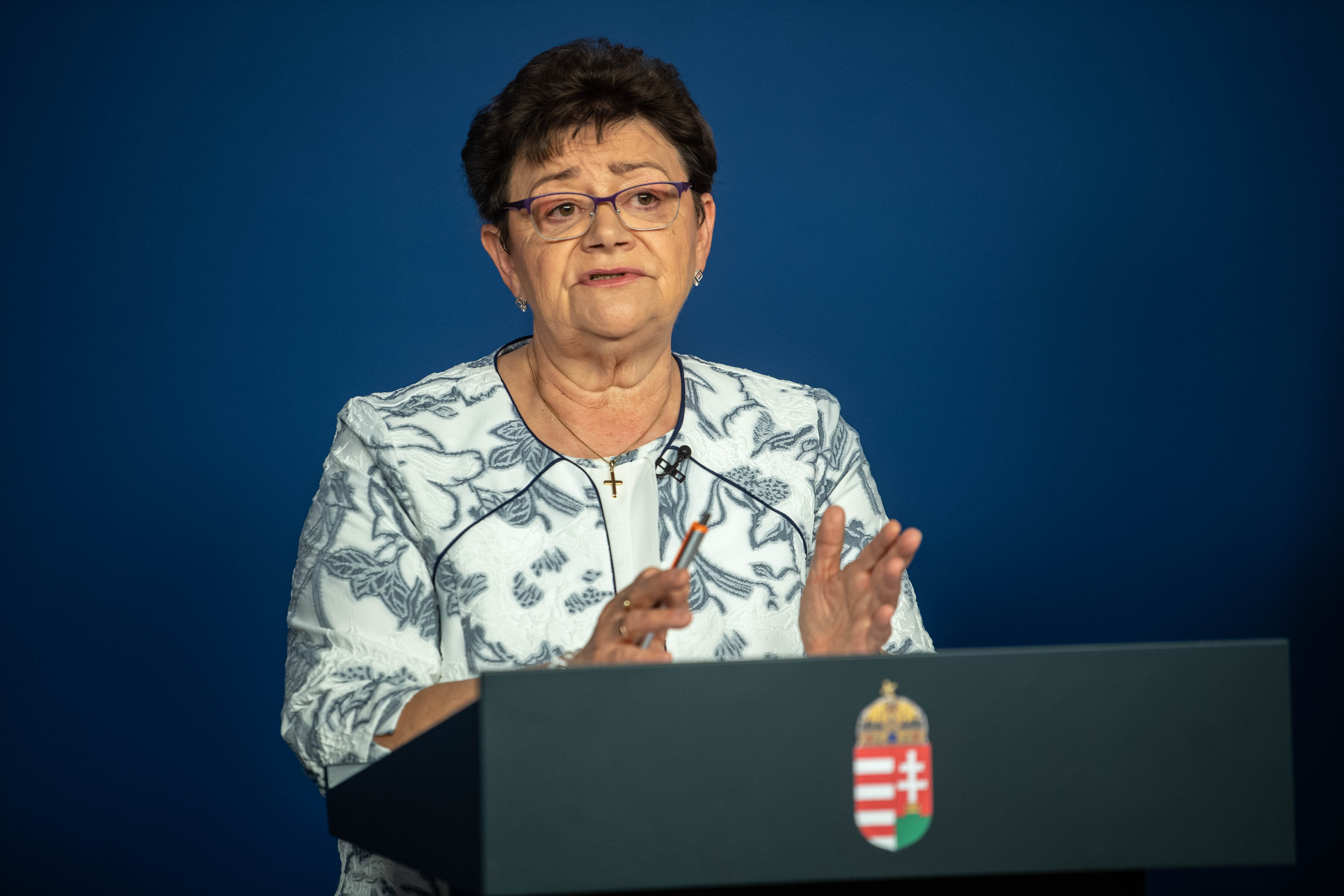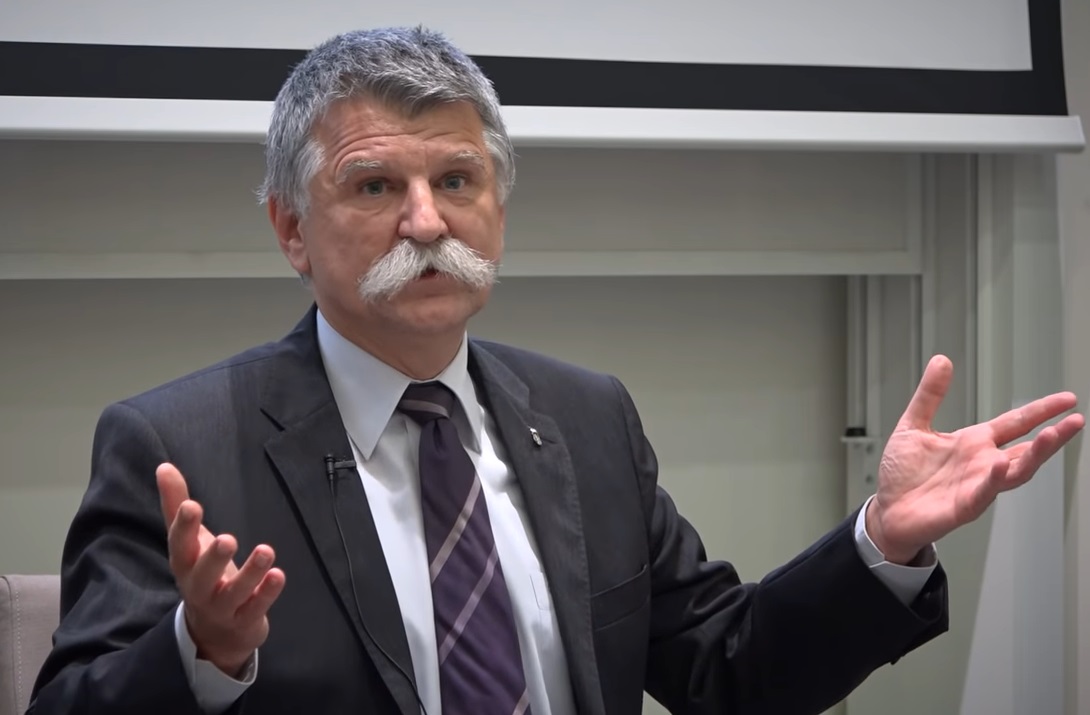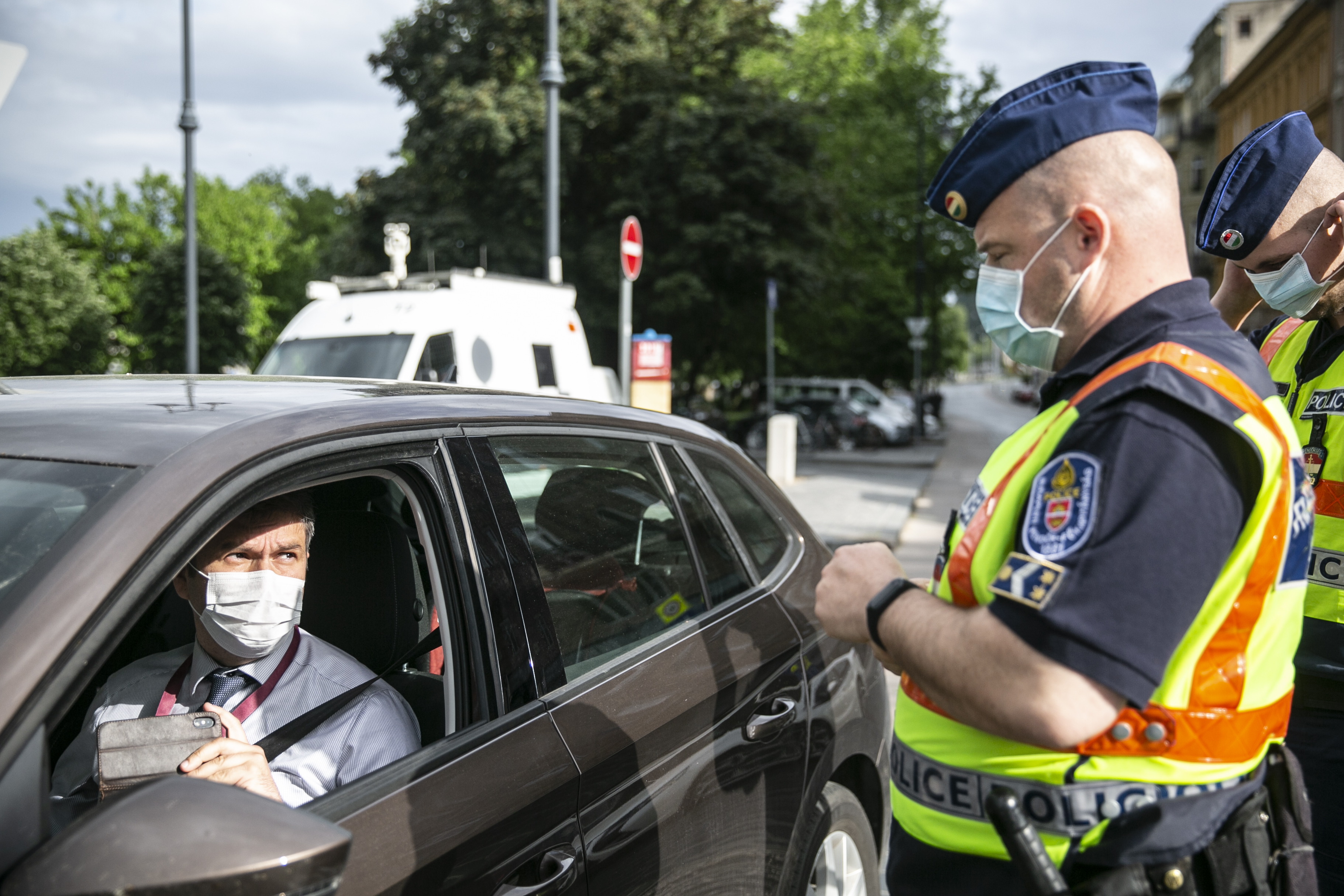New bill would "allow rule by decree indefinitely" after end of state of emergency, NGOs say
- Stay updated on the latest news from Hungary by signing up for the free InsightHungary newsletter:
Just before midnight on Tuesday, deputy prime minister Zsolt Semjén submitted an omnibus bill which contained a recommendation that Parliament call on the government to withdraw Hungary's state of emergency, thus bringing an end to the extraordinary powers granted to the government by the controversial Authorization Act.
While government officials have trumpeted the government's intention to withdraw the powers on June 20, and demanded apologies from those who criticized Hungary's coronavirus law, an analysis of the new bill by lawyers from several Hungarian NGOs suggests that it makes possible the declaration of a "state of medical emergency" without parliamentary approval which would grant the government powers similar to those granted by the Authorization Act.
"The law on 'eliminating the state of emergency' does not eliminate the state of emergency at all," according to the analysis by the Hungarian Civil Liberties Union, Amnesty International Hungary and the Hungarian Helsinki Committee.
Under the law, the chief medical officer, Cecilia Müller, would be authorized to recommend a "state of medical emergency" for a period of up to six months, which could then be extended by additional six-month periods with no parliamentary oversight.
During such a state of medical emergency, the government would have the power to limit:
- the operation of all institutions, establishments, events and activities which could contribute to the spread of the pandemic
- the operation and opening hours of stores and the sale and consumption of certain products
- passenger traffic and the transportation of goods
- people's personal contacts
- the visiting of institutions
- the leaving of certain areas
- the use of health care services.
Additionally, the bill would grant the government authority to suspend the application of certain laws, to derogate from statutory provisions, and to take other extraordinary measures.
"The promise to revoke the Authorisation Act and to terminate the state of danger is nothing but an optical illusion: if the Bills are adopted in their present form, that will allow the government to again rule by decree for an indefinite period of time, this time without even the minimal constitutional safeguards," the organizations wrote.
European Court rules Kövér violated journalists' rights
The European Court of Human Rights (ECHR) is Strasbourg ruled on Tuesday that speaker of the parliament László Kövér violated six journalists' rights to freedom of expression when he suspended their credentials in 2016.
In April that year, Kövér reprimanded the journalists for recording and conducting interviews outside the designated areas of the Parliament. The next day, he revoked their credentials and they were prohibited from attending parliamentary sessions that summer.
Hungarian law did not allow for the journalists to appeal the suspension, so they turned to the ECHR where they were represented by the Hungarian Civil Liberties Union (TASZ).
In the ruling, the court wrote, "Neither the Speaker’s order nor the decision to ban the applicants from entering Parliament had specified the period of restriction and the applicants’ subsequent requests for authorisation to enter Parliament had been left unanswered...The Speaker’s Order had not offered any effective means of challenging the decision, where the applicants could have presented their arguments." The court also noted that the Speaker’s Order against the journalists "had not required any assessment of the potential impact of the sanction or the relevance of the journalistic activity giving reason for the restriction".
According to TASZ, the system of parliamentary press rules are arbitrary because they were authored by László Kövér, who himself determined in 2016 that they had been violated. Kövér also decided on the sanctions against the journalists, who could not appeal either to Kövér or to a Hungarian court.
In a statement, the National Assembly argued that "the judgment does not imply an obligation to review the current rules on press coverage policy", and that no further opportunities would be given to journalists to interview MPs within the Parliament building.
Neo-fascist party calls for rally at Roma Government headquarters after double murder
The radical right-wing Mi Hazánk party has called its supporters to a march in Budapest on Thursday, to begin at the National Roma Government headquarters on Dohány utca and proceed to the scene of a double murder on Deák square.
Two people were killed early Friday morning in Budapest after two groups of youths clashed near Deák square. A 16-year-old and a 21-year-old died on the scene after being stabbed. The murder suspect was detained by police shortly thereafter and is in police custody.
Reports later emerged online that the suspect, Krisztián Cs., is of Roma origin. István Apáti, a Mi Hazánk politician, said that the march was called at the Roma Government headquarters because "it can be stated beyond a shadow of a doubt that the majority of the perpetrators belong to the Roma minority".
Police warned the party that holding the march would violate pandemic rules which prohibit large events. But the party maintains that its "commemorative remembrance" does not fall within the scope of the law, and said that if police order the dispersal of the crowd, participants will still "walk individually to the candle lighting on Deák square".
Retiree fined more than €2,000 after participating in vehicle protest
Police issued a fine of 750,000 Ft (€2,140) to a 70-year-old man after he honked the horn of his vehicle during a protest at Budapest's Clark Adam square in April.
The protest on April 20 was one of a series called by independent MP Ákos Hadházy to demonstrate against a government order to evacuate 60 percent of Hungary's hospital beds to make room for potential coronavirus patients. In order to comply with social distancing rules, demonstrators drove their cars around the traffic circle at Clark Ádám square while honking their horns in protest.
According to police, the fine was issued for "breaking rules of conduct related to curfew restrictions" and for "minor violation of traffic rules". As evidence, police used a video shot at the protest by pro-government provocateur Zsolt Bede which he later uploaded to his website.
The man's age places him "in the endangered category", the police noted.
According to Hadházy, the man receives a monthly pension of only 40,000 Ft (€114). Police wrote that the man's previous offenses were taken into account when determining the size of the fine, which Hadházy said is a reference to the man's past activity as an activist defending Budapest City Park from a major development project.
On Sunday, Hadházy announced that no further protests would be called due the large fines participants had received. Around 5 million Ft (€14,000) in fines have been issued to protesters so far, he said, adding that he is collecting donations to help cover the costs.





